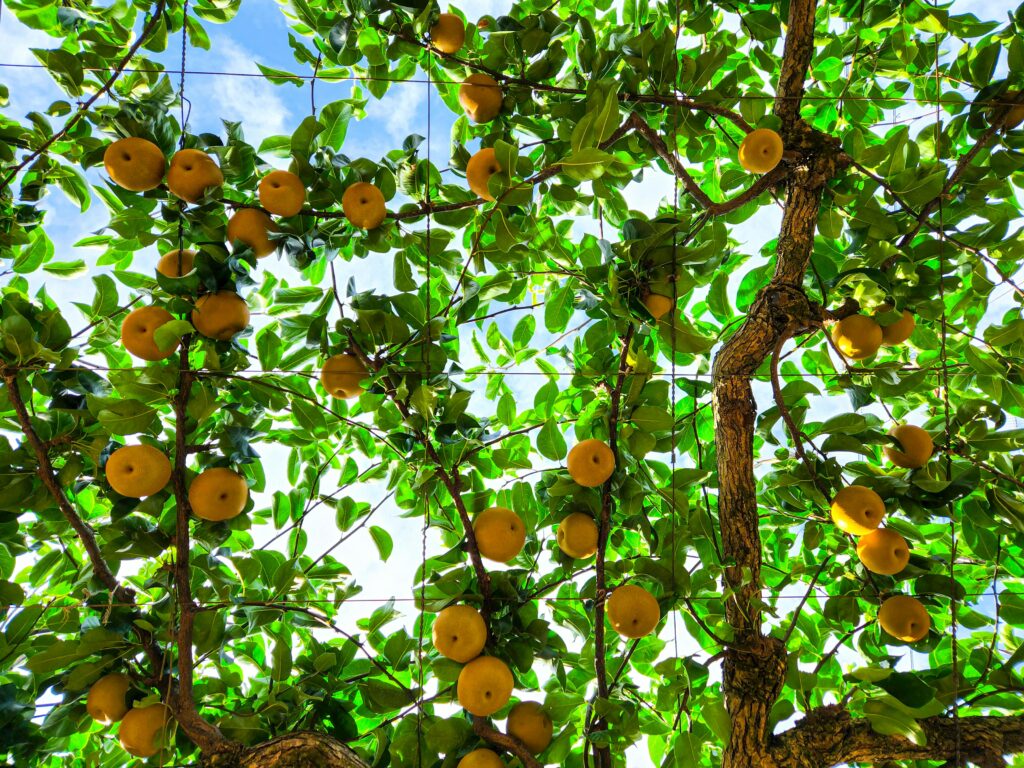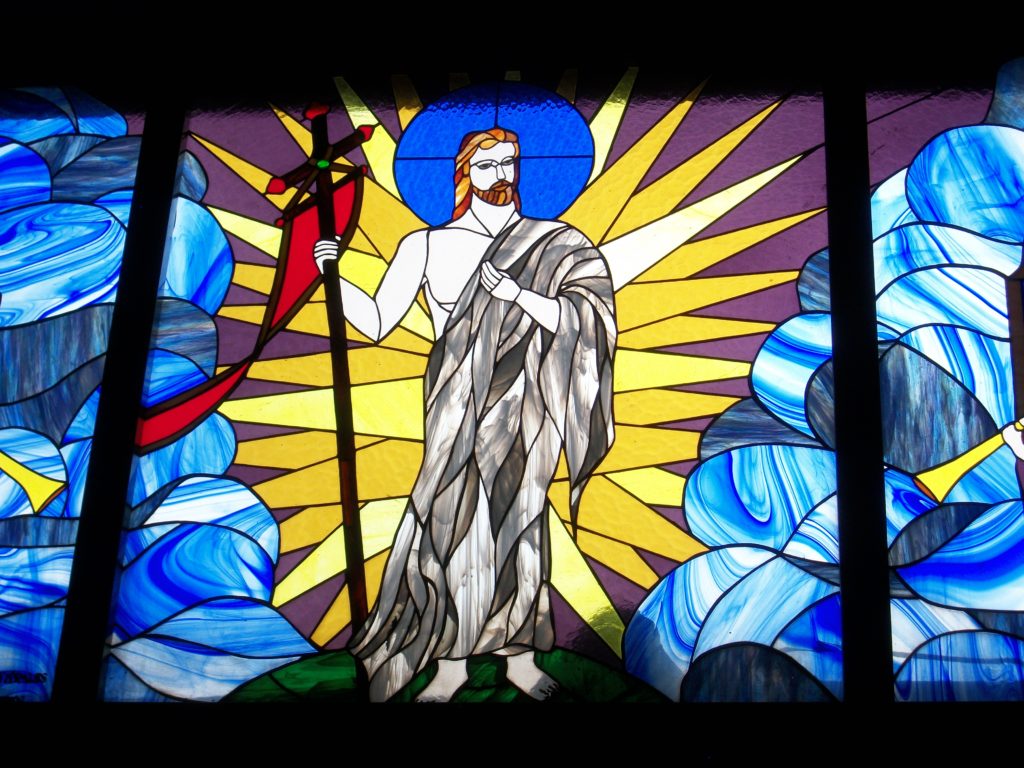Reflection by Bishop Enrique Díaz: “He who remains in me and I in him, bears abundant fruit”
Fifth Sunday of Easter

Mons. Enrique Díaz Díaz shares with Exaudi readers his reflection on the Gospel of this Sunday, April 28, 2024, titled: “He who remains in me and I in him, bears abundant fruit.”
***
Acts 9, 26-31: “He told them how he had seen the Lord on the way”
Psalm 21: “Blessed be the Lord. Hallelujah”
I Saint John 3, 18-24: “This is his commandment: that we believe and love one another”
Saint John 15, 1-8: “He who abides in me and I in him, he bears abundant fruit”
The vine or vineyard has been sung by all the prophets, alluding to the preferred image to designate Israel as a people chosen and lovingly cared for by God. Now Jesus changes the entire meaning by affirming that He is the true vine and his Father the Vineyard. That title is left behind as an institution or as an inheritance, and now depends on permanence and union with Jesus. Just as the branch has no life of its own nor can it bear fruit without the sap, neither can the disciple nor the community have life if they are not intimately united to Jesus, vivified by his Spirit. Without Jesus, they are doomed to sterility and destruction. This is the fundamental condition for the community and every disciple to have life and bear fruit: “remain in Him.”
The Gospel presents us with a very solemn “I am.” Saint John really likes to use these terms, which for Jews imply a true revelation. “I am” is the name of God that they did not dare to pronounce and revered very much. “I am,” said in this way with solemnity and in a declarative tone, would seem, for the Jews, to be a blasphemy on the lips of Jesus, because he is strongly advocating , a divine prerogative. He is saying that He is God, and furthermore, without removing this sense, by continuing the phrase he adds a new meaning and presents himself as the true vine. Another of the most beloved concepts for the people of Israel, because in their songs, in their psalms and in their prayer, the vineyard always appeared as a representation of the people loved by the Lord. Songs and prophecies, woes and praises, all the country symbolism to present to the lover, now searching for the beloved, now claiming her infidelities and disdains, but always in a loving relationship with God, with his vineyard, with the people. And Jesus comes, and displaces that pride of Israel, to say that He is the true vineyard. He is the true love of the Father, head of a new universal people. The new town that offers the sweet fruits that the Beloved expects.
The Easter journey should lead us to bear fruit, and not only to prolonged joy and a splendid festivity. Already in ancient times, the very harsh reproach of the prophet Isaiah to the Lord’s vineyard was its sterility, giving sour grapes instead of true fruits. Many leaves and no fruits. The claim of the owner of the vine is that he has not found “justice and right” despite the care lavished on him. That is why Jesus now presents himself as the new and true vine that from within, through his Passover, directs his disciples to bear new and better fruits. Each member is called to produce fruit. The commitment to justice and fraternity, although it may sound like a past ideology to some, is the true commitment of those who celebrate Easter.
Pruning is not destroying and destroying. The burning system that is still used among many farmers today hurts me because it ends up destroying mountains to produce a few ears. Pruning is cutting but with love and with a purpose. It is pruned to give energy and life, to guide and grow, to channel. And we all need pruning, even if it hurts. You have to remove what is superfluous or what is getting in the way; straighten what is crooked; limit what has been exceeded; renew what has become old and obsolete. There are so many things attached to our hearts that we find difficult to put aside: resentment, comfort, gentrification, custom, lukewarmness. Renewal is needed to be able to bear fruit and Easter time is the appropriate time because it fills us with new hope and a new illusion.
It is curious to contemplate a branch and see its apparent immobility. It has life inside! The sap it receives flows impetuously and transmits it dynamically to the leaves and fruits. To remain is not to remain immobile, indifferent or stagnant. Staying is not just occupying a place and dying of boredom. What Jesus asks of his disciples is that they be faithful and remain firm and constant in the life that He has communicated to them. Only in this way can the expected fruits be produced. To remain is to breathe the spirit of Jesus, to continue his dynamism and for his sap to flow throughout our being. To remain is to receive the entire experience of Jesus and not let it drown in our selfishness, but to transmit it with enthusiasm. To remain in Jesus is to assimilate his criteria and transform them into energy that moves our world. To remain is anything but to remain motionless and impassive. The true branch carries life inside because it receives it from Jesus and transmits it despite problems and difficulties. To remain is to experience the love of Jesus every day and continue the process of transformation according to his criteria.
Do we remain in Jesus with this vitality, or do we only occupy a place? Do we allow ourselves to be pruned, trimmed according to the Father’s designs, channeled towards his plans, or do we cling to our own projects? What fruits are we bearing: commitment, justice, joy; or appearances, privileges and selfishness?
Good Father, loving vine dresser, who makes your Spirit flow within us so that we form, united with Christ, the only true vine, grant us the availability to cut off what hinders fraternity, the dynamism that makes it grow and the vitality to produce fruits of justice and peace. Amen.
Related

The Perspectivas del Trabajo Foundation is founded with the aim of promoting virtues for professional development
Exaudi Staff
25 April, 2025
2 min

Reflection by Bishop Enrique Díaz: Alleluia, alleluia
Enrique Díaz
20 April, 2025
5 min

Christ is Risen! Alleluia! Commentary by Fr. Jorge Miró
Jorge Miró
20 April, 2025
3 min

Easter: Mystery of Freedom
Carlos J. Gallardo
20 April, 2025
5 min
 (EN)
(EN)
 (ES)
(ES)
 (IT)
(IT)

